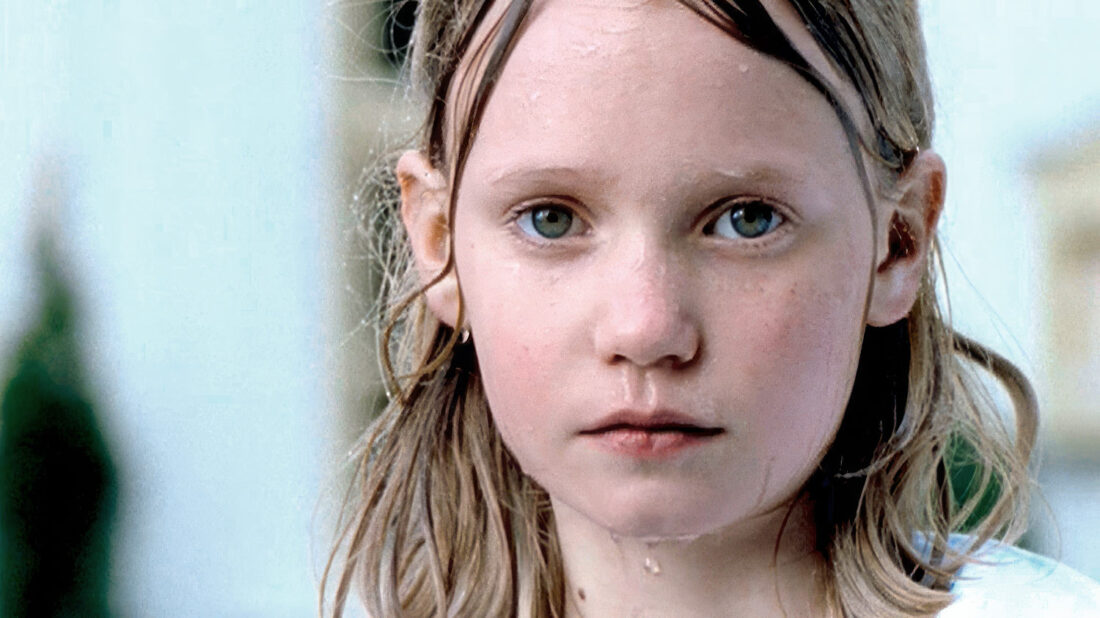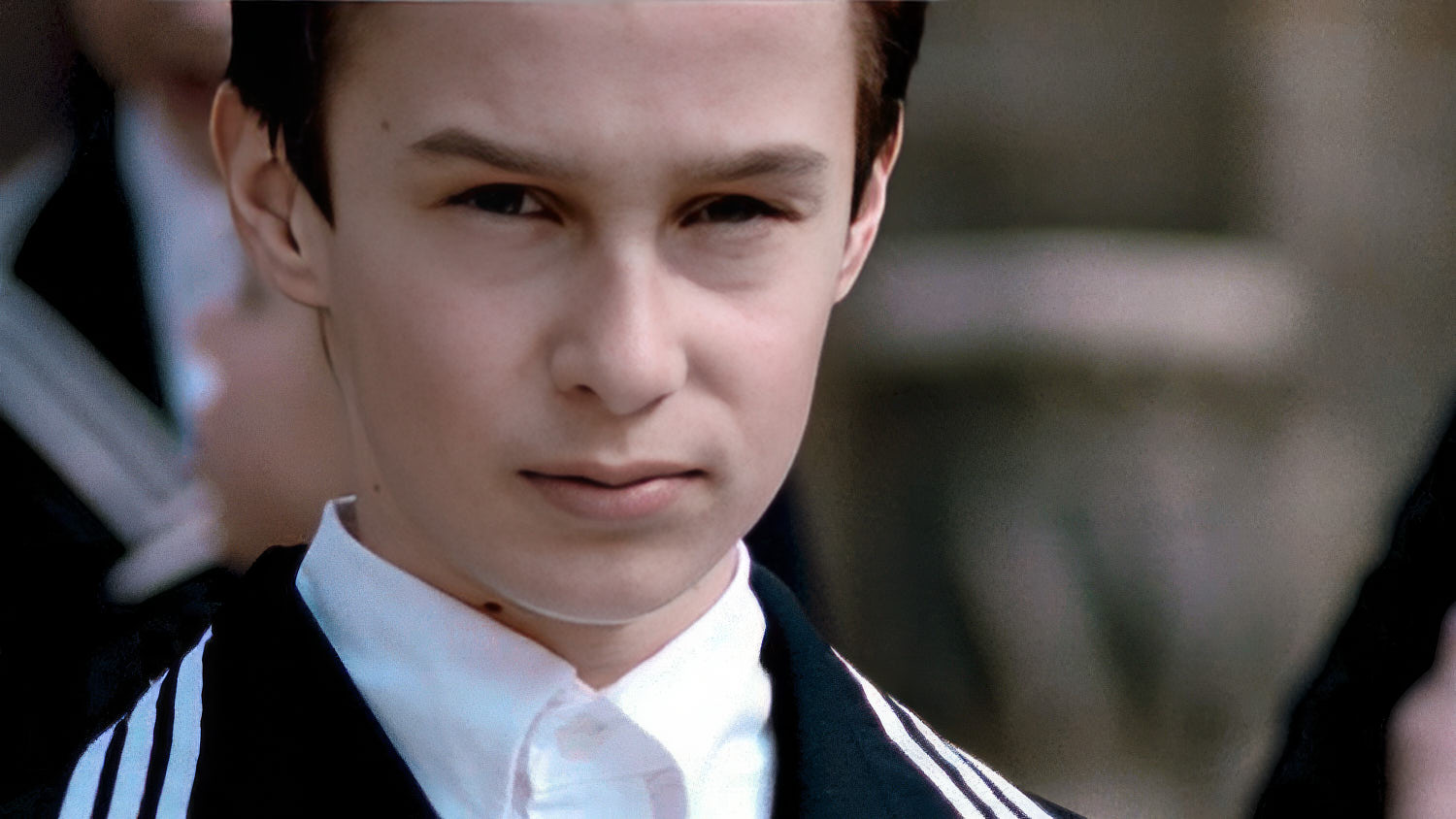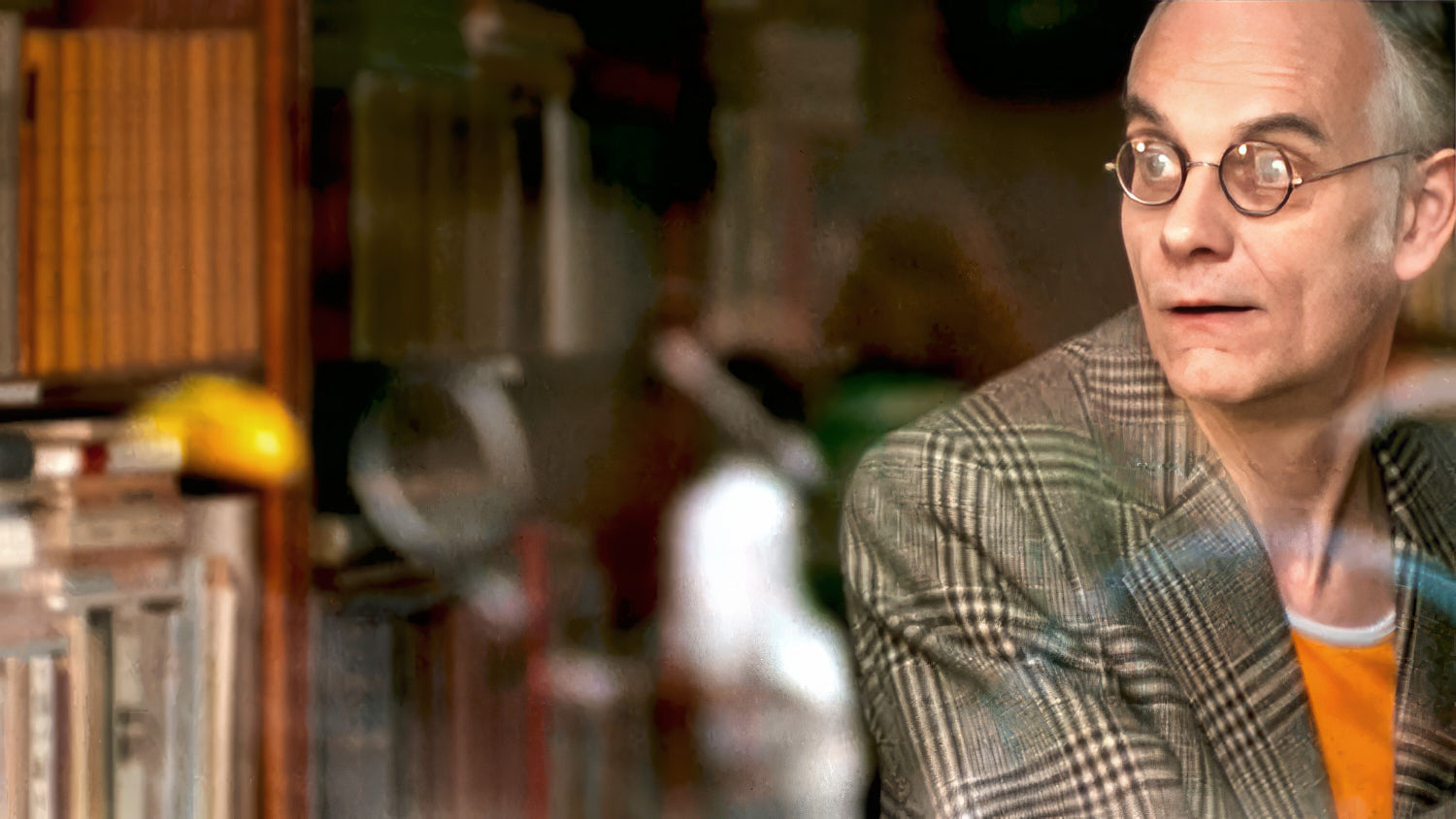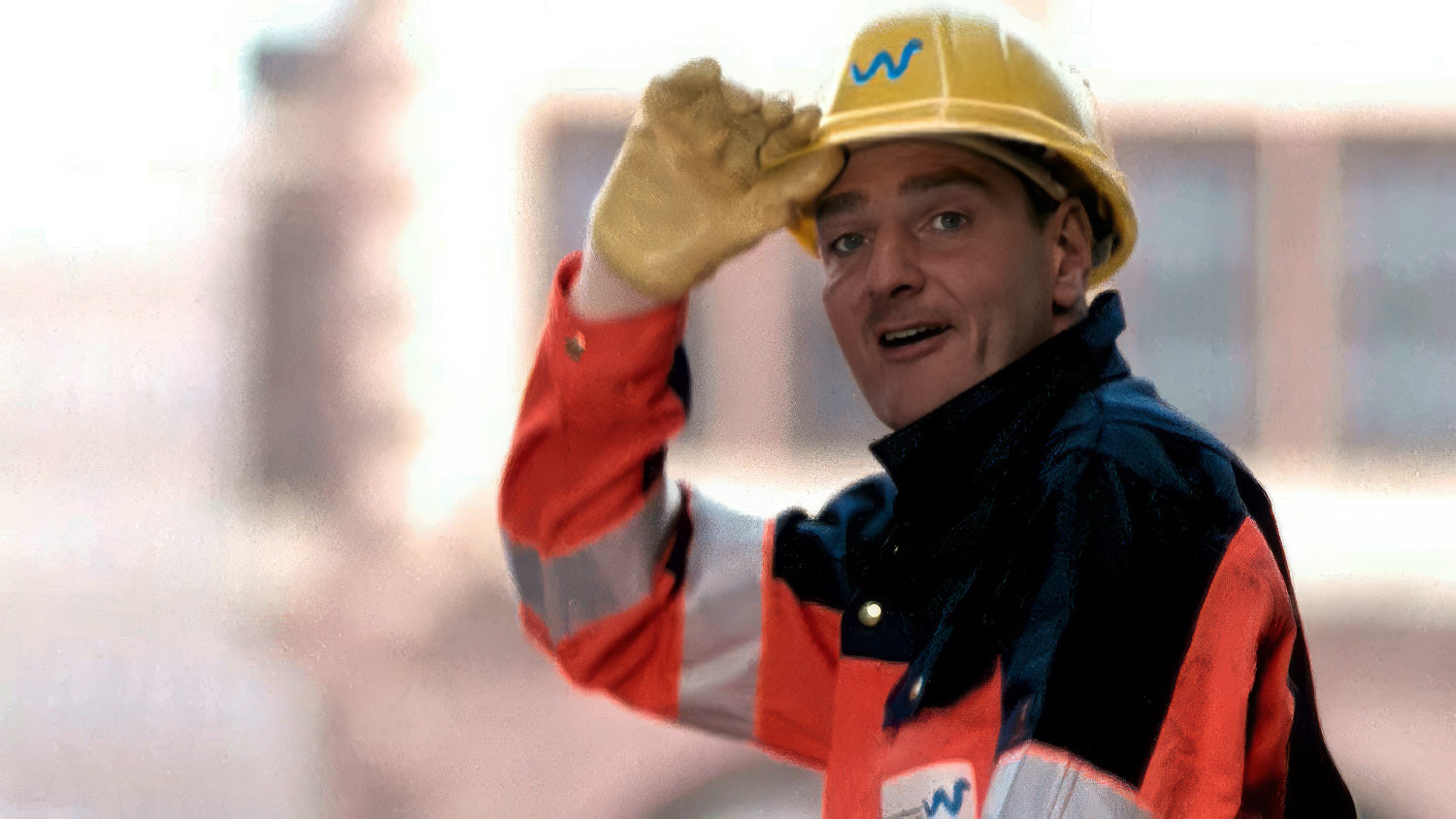Leipzig Olmpics 2012
Image film for Leipzig's Olympic application
Concept & Director
Winner of the NOK presentation on 12 April 2003
Agency: abold – Büro für Marketingkommunikation GmbH
Production: Wolff Brothers, Bertram Wolff
Awards: – Corporate Media Award
Prize: European Masterclass – “Award of Master”
Category: Public Relations
– Intercom International Communications Film & Video Competition
Prize: “Silver Plaque”
Category: Public Relations – Non-Profit Organisation
– New York 2004 International Film & Video Awards
Award: Gold World Medal 2004
Category: Government
“A lot depended on the presentation and Leipzig gave the expected strong presentation, which was very emotional and very gripping.”
Dr. Thomas Bach, (then) IOC Vice-President
“I saw a few glassy eyes. That was the only presentation that you really felt in your stomach.”
Klaus Steinbach, NOK president, ZDF.de, 14.04.03
“The presentation was of course absolutely amazing.”
Sebastian Krumbiegel. Lead singer “Die Prinzen” on ZDF
“I had tears in my eyes.”
Henry Maske, ex-professional boxing world champion, Süddeutsche Zeitung v. 14.04.03
“I think the film gave us the final push.”
Georg Milbradt, Prime Minister of Saxony
“A presentation that gets under your skin. Many an audience member in the hall is moved to tears, Leipzig’s appeal goes to the heart.”
Thorsten Kutschke live on ARD on 12.04.03
“The strongest emotions won out with an impressive film. Leipzig has already shown great cinema in the national application.”
Susanne Simon, ZDF, heute-journal
“Gerhard Mayer-Vorfelder was quietly impressed. “The best thing was… how the sewer worker climbs up there and the other one is already gone, so Heinz from the Leipzig municipal utilities won the votes of the 6.26 million members of the German Football Association.”
Süddeutsche Zeitung v. 12.04.03
“Now we’re all Leipzigers.”
Bild, 14.04.03, S. 1
Making of
In 2003, the German Olympic Committee organised a national competition between five German cities and regions to bid for the 2012 Summer Olympics. Leipzig was one of the cities invited, but was only met with pitying smiles from the bidding cities in the west, especially the favourite Hamburg. The Abold agency, which had already designed the stadiums for the World Cup in South Africa, commissioned the production company Wolff Brothers to develop and produce an image film for the final presentation. I came into the picture as director via the Wolff Brothers.
The original idea was to film the organisational concept of the Olympic bid and to underlay it with some beautiful images of Leipzig. Unfortunately, film is not particularly suitable for this. Such information films tend to be somewhat boring. Organisational charts are best put into brochures, then you can take your time to look at them. It was also clear that our main competitor, Hamburg, was sending star director Dieter Wedel into the race and giving him all the artistic freedom and a generous budget.
Our budget was comparatively modest. We were the underdog that nobody expected. As the competition was tough and we didn’t know what Wedel was doing in Hamburg, we focused from the start on what film does best: Emotion. And since we only had one shot, we immediately played with the big emotion orchestra. The really big one.
The Leipzig Olympic film therefore doesn’t try to visualise numbers and the Olympic organisation at all – but rather to emotionally capture the city itself and its spirit. We also took a broad sweep through the city’s recent history. The demonstrations against the GDR regime began with the legendary Leipzig Monday demonstrations – so the Olympic film begins with the construction and fall of the Berlin Wall. Lord Mayor Wolfgang Tiefensee agreed to come on stage with his cello and play “Dona Nobis Pacem” by the Leipzig composer Johann Sebastian Bach live in front of a projection of the Wall – a song that “carried” the citizens of Leipzig during the peaceful revolution, as Tiefensee put it.
The film continued in this style. Richard von Weizsäcker and Hans-Dietrich Genscher spoke about the courage and strong morale of the people of Leipzig, star architect Peter Eisenman about the likeable idea of building mobile stadiums, and Leipzig residents Kathi Witt and Michael Ballack about the enthusiasm for sport in the city.
During our research on site, the enthusiasm for the Olympic project was palpable. I turned this experience into a figure and sent a symbolic Olympia through the city, which further fuelled this emotion and which half the city joined in at the end, accompanied by Beehoven’s “Ode to Joy”.
Heinz…? Heinz!
It was all or nothing. Either the delegates would turn away in disgust, or we managed to get under their skin a little in this dry event and put the idea into their heads that the first German candidate city after reunification could only be Leipzig. The strategy was successful. Leipzig prevailed, as Wikipedia rightly writes, with “an emotional application in the final against Hamburg”, to which the film, as can be seen in the press reviews, had contributed its fair share.
Incidentally, Wedel’s Hamburg application film was not shown at all in Munich. A week before the presentation, the Senate had seen the film and had it thrown away without further ado. I met Wedel years later on the train and he scolded the Hamburg pepperbags who didn’t have the courage to show his film. Unfortunately, I never saw it. If anyone has a copy of it, please send me a little mail or send me a link.
People with little time can find the two trailers here. Below you will find the film as a compilation of the five film components without the live performances. Below you will find the recording of the complete presentation with the appearances of Wolfgang Tiefensee, Richard von Weizsäcker, Kurt Masur and the other “ambassadors of the Leipzig spirit”.
Have fun.
Showreel version without live parts:
Recording of the complete presentation with live parts:






